Gordon’s Policy Corner, May 2024
Agricultural Research: Helping Organic and Conventional Farmers Alike
In agriculture, we often draw a line between conventional and organic farming based on their differences. However, organic agriculture research breaks through that barrier, offering benefits beyond the organic sector, which can support both conventional and organic growers. Organic research projects funded through Competitive Grant programs operated by the National Institute of Food and Agriculture (NIFA) like the Organic Research and Extension Initiative (OREI), Organic Transitions Research Program (ORG), and the Agriculture and Food Research Initiative (AFRI) and in-house, long-term research conducted by the Agricultural Research Service (ARS) offer valuable insights and practices that are adopted universally, by both organic and conventional producers, to enhance sustainability, profitability, and resilience against climate change.
Economic Viability: Shortening the Runway to Profitability
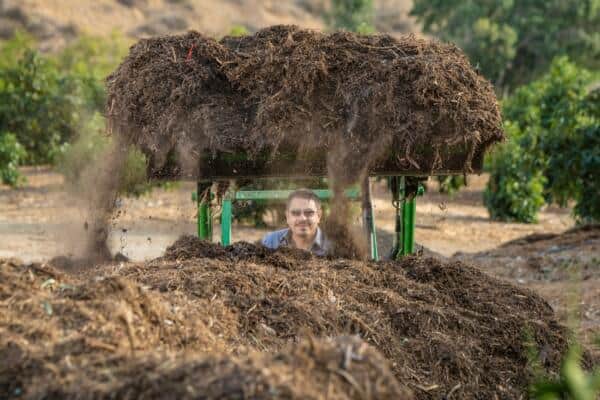
Salvador Prieto uses his front loader to pick up a load of mulch for his Hass avocado and Meyer lemon orchards, in Somis, CA, on Nov 15, 2018. USDA Photo by Lance Cheung. Original public domain image from Flickr
Agricultural research plays a pivotal role in “derisking” agricultural businesses by testing innovative practices that individual farmers might consider too risky to adopt without seeing proven benefits. Organic agriculture research has continuously pushed the envelope on how to optimize resource use and reduce reliance on expensive synthetic inputs like fertilizers and pesticides. For example, an OREI study investigated the economic benefit that wild birds can offer agricultural operations by providing pest management services. Research projects like this have unearthed methods that cut down costs and boost farm profitability through more efficient practices. For conventional farmers, adopting these strategies can and has led to significant savings in materials, fuel, and labor costs.
Agricultural research is not limited to agronomic practices but extends to market demands and trends that farms should stay aware of. These new markets will generally lead back to agronomic questions of how to grow the crop in a farmer’s region, but knowing that a market exists for a crop is crucial for an agricultural business deciding to invest in production. Research into these questions ensures farmers are well-informed of new opportunities that can influence their business decisions.
Ecological Vitality: Understanding Synergistic Benefits of Organic Management
Organic agriculture research uniquely focuses on the interconnectedness of soil health, biodiversity, and the farm’s ability to withstand climate irregularities. Practices developed in the organic sector, such as cover cropping, reduced tillage, and diverse crop rotations, are proven to enhance soil structure, increase biodiversity, and improve water retention—all contributing to a farm’s resilience against climatic stresses. However, one important piece that research continues to confirm is that organic management is not about one single practice but about the interplay and relationship between all the practices being utilized in a management system. For example, an ORG-funded project looks at a systems approach to day-neutral strawberry production in the Upper Midwest. Research like this underscores the importance of continued investment in understanding each bioregion’s agroecological system and how to manage it effectively.
Federal Funding: The Public Good Nature of Organic Research Requires Public Investment
The broad public-good benefits that organic agriculture research provides underscore the critical need for continued and increased federal funding. Despite a 20% reduction in federal funding since 2000, every dollar invested in agricultural research generates $20 of economic activity. It is essential to not only safeguard but increase this funding to support sustainability, economic viability, and resilience across all agricultural production systems. Federal investment in organic research yields dividends in sustainability, economic viability, and resilience that benefit all forms of agriculture. In April, we worked with our partners at the National Sustainable Agriculture Coalition to publish a blog that laid out the troubling reality of shrinking investment into organic agriculture research within general USDA programming, exacerbating the problem of general funding decline.
Because of its very nature, organic agriculture research is less attractive to private funding sources, which are increasingly funding university research programming. This private funding is generally more interested in marketable products rather than public-good-oriented research that aims to decrease reliance on expensive inputs. By fostering these universally beneficial production systems through robust public investment, we ensure an agricultural future capable of facing future environmental and market challenges.
Get Involved, Share Your Story
Have you utilized a research finding, participated in a research project, or have a question that could shape future studies? Please reach out and share your story with me directly at gordon@ofrf.org. Your experiences are crucial as they help us demonstrate the real-world impact of these research programs to legislators and policymakers.
Let’s not just tell policymakers about the benefits — let’s show them.
Eat well,
Gordon
 From 1993-2020, Keith worked for the Southern Sustainable Agriculture Working Group where he helped strengthen organic and sustainable farming in the Southern U.S. In his capacity as Program Director, he coordinated thousands of conference sessions and training projects to meet the needs of family farmers and community-based organizations. Prior to his work with Southern SAWG, Keith was the marketing manager for the Ozark Organic Growers Association, a coop of small organic farmers in the Ozarks bioregion. In the 1980s he helped develop a sustainable training farm in mid-Missouri and later managed an organic farm in northern California. He grew up in a farming community in northern Iowa.
From 1993-2020, Keith worked for the Southern Sustainable Agriculture Working Group where he helped strengthen organic and sustainable farming in the Southern U.S. In his capacity as Program Director, he coordinated thousands of conference sessions and training projects to meet the needs of family farmers and community-based organizations. Prior to his work with Southern SAWG, Keith was the marketing manager for the Ozark Organic Growers Association, a coop of small organic farmers in the Ozarks bioregion. In the 1980s he helped develop a sustainable training farm in mid-Missouri and later managed an organic farm in northern California. He grew up in a farming community in northern Iowa.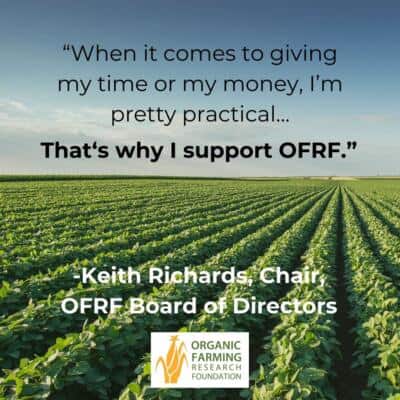



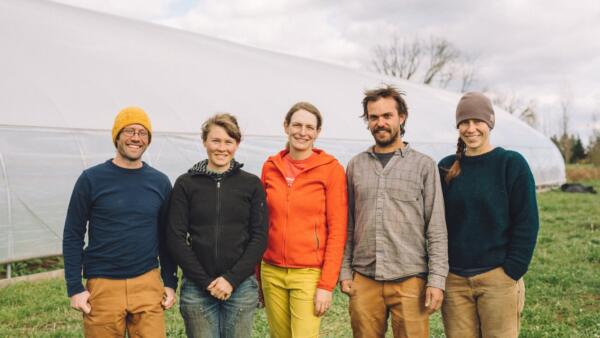
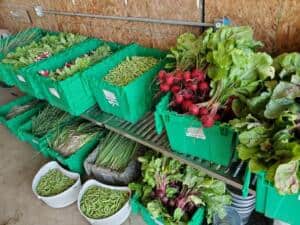



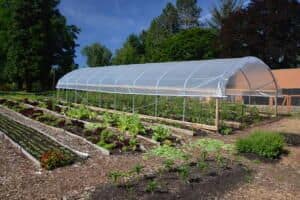





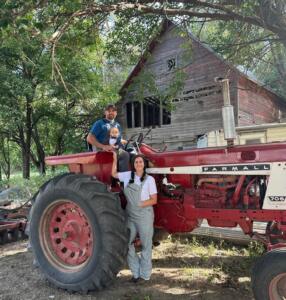
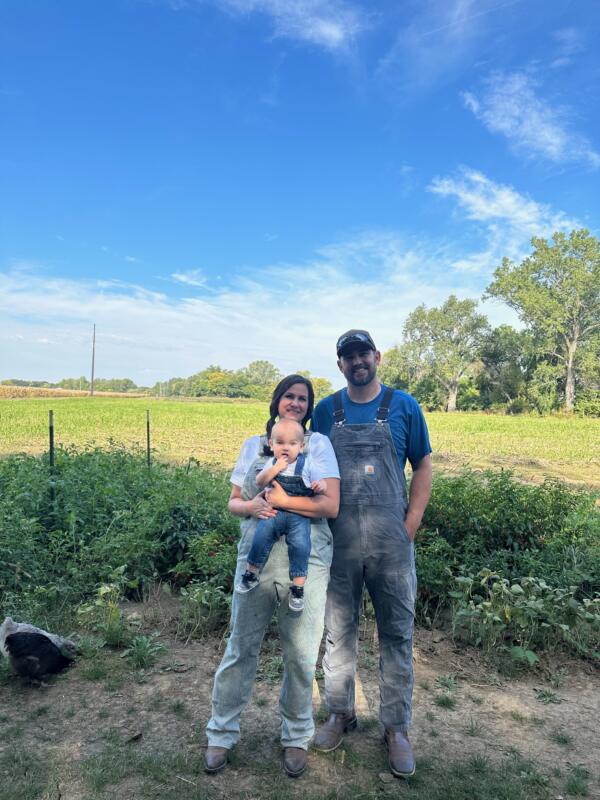
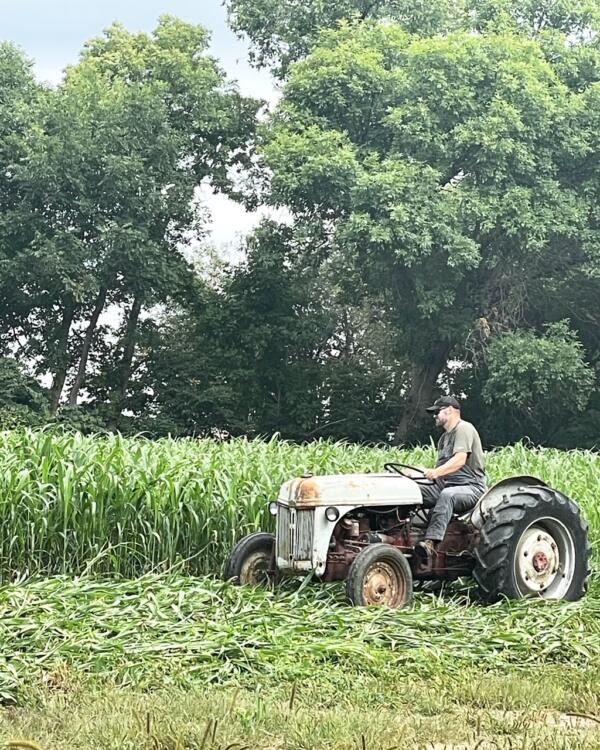

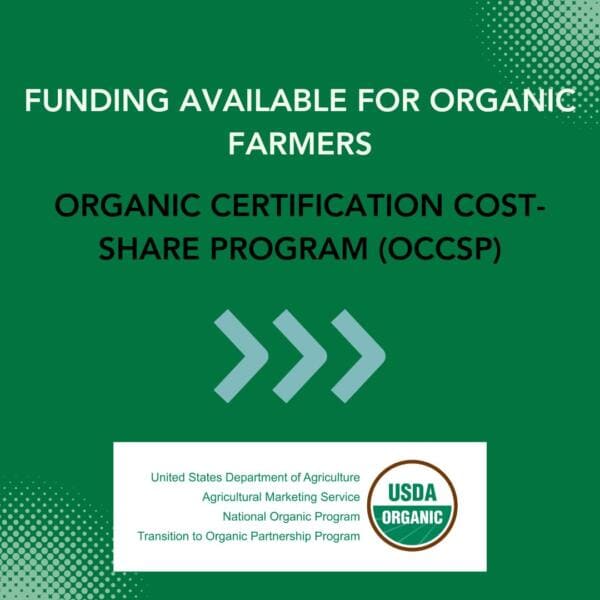
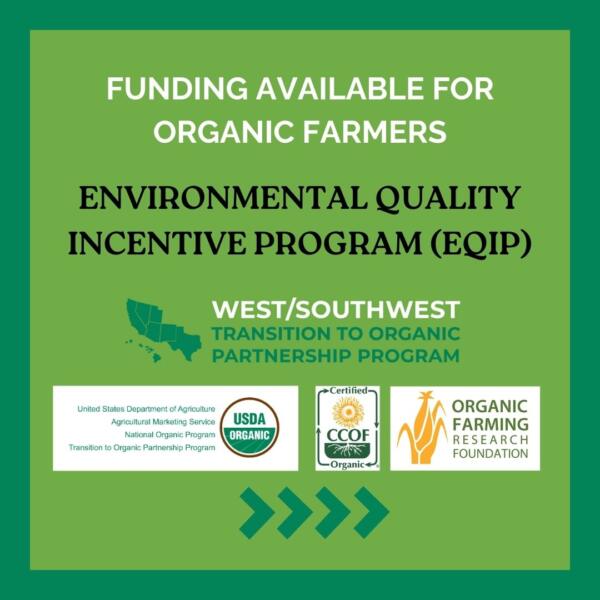
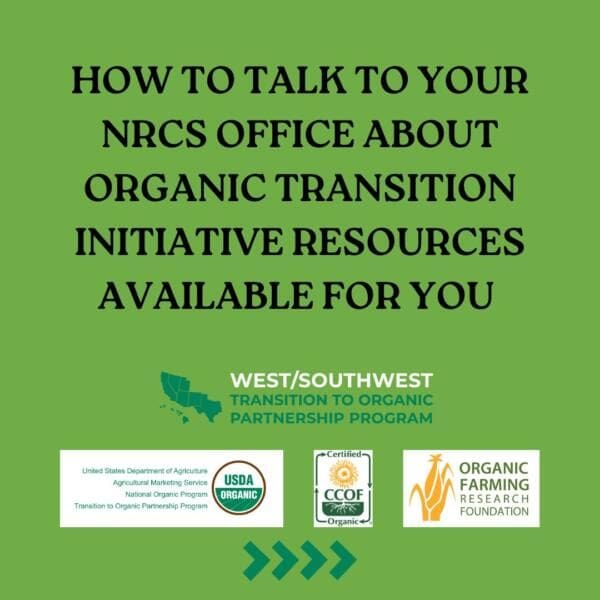
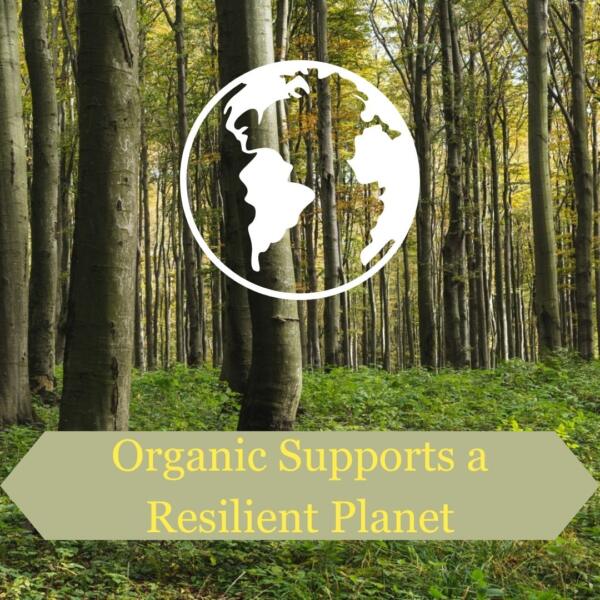
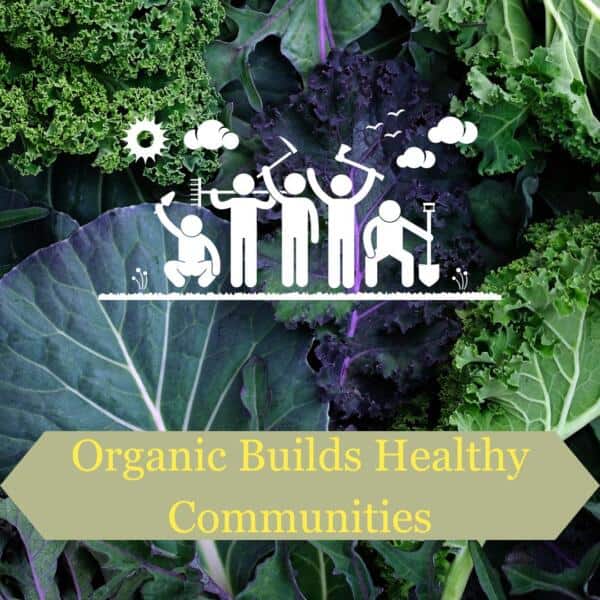
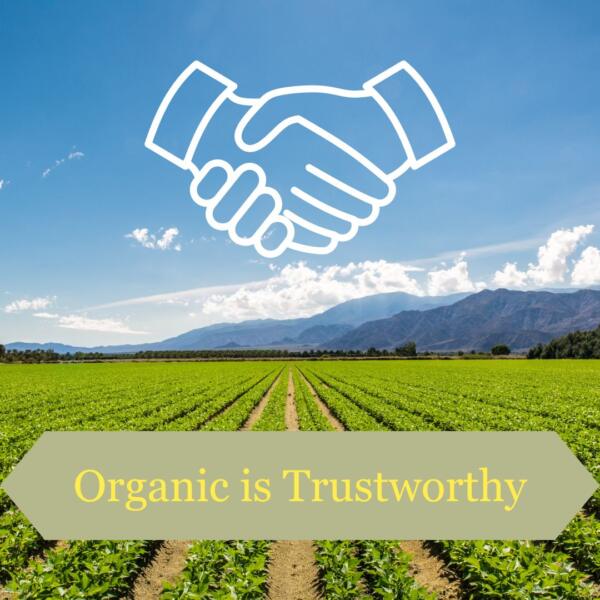
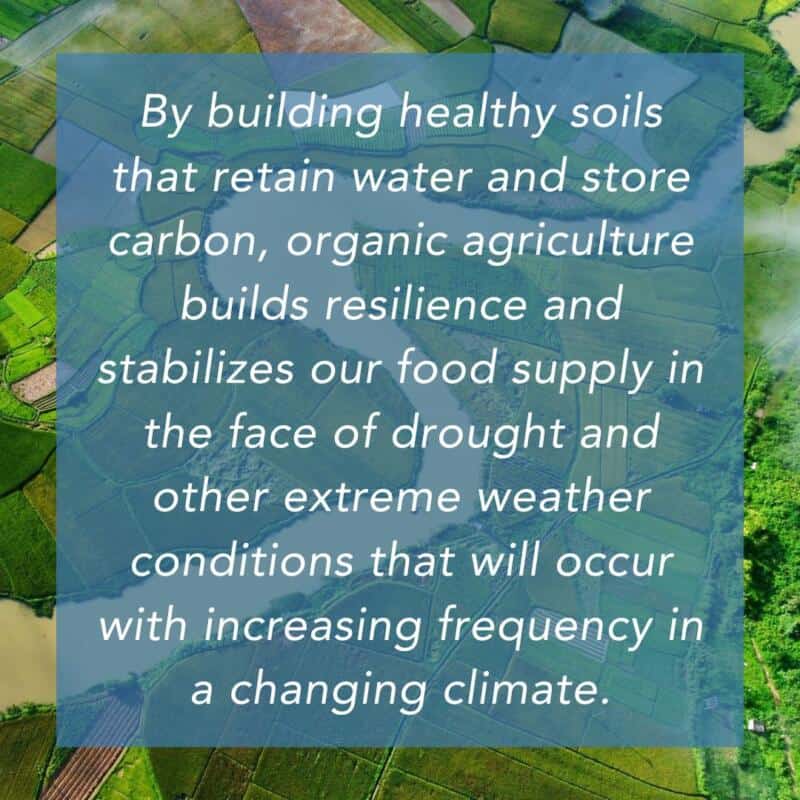
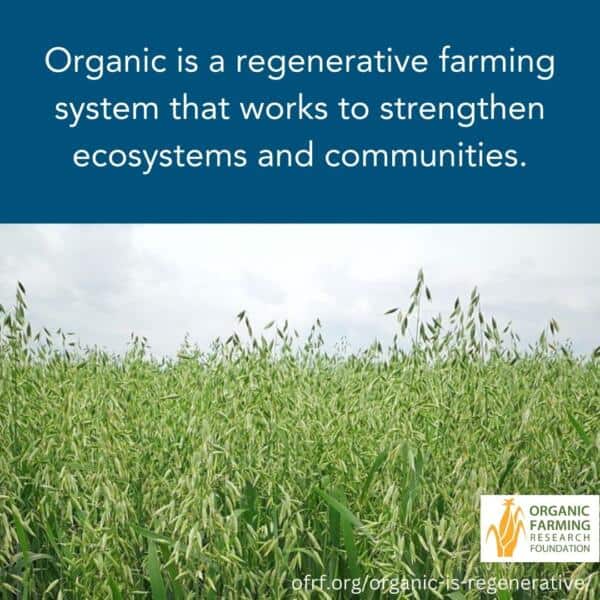
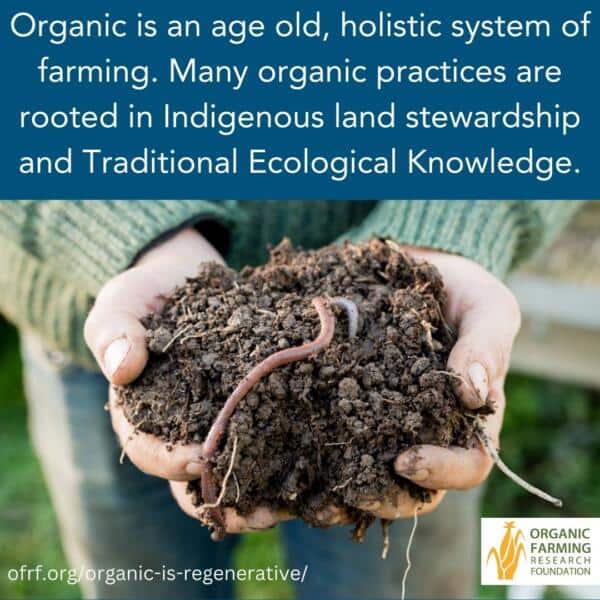

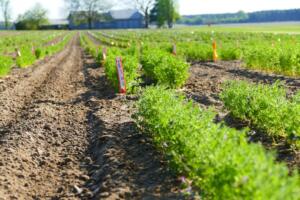 The project builds on a previous OREI grant that helped to identify varieties that worked well in organic crop rotations with sorghum. These varieties are now being evaluated to identify those with higher protein and sugar content, and better protein quality (measured both by digestibility and consumer preference). Dr. Thavarajah calls her approach “participatory breeding” that includes both consumers and farmers in the process. Interestingly,
The project builds on a previous OREI grant that helped to identify varieties that worked well in organic crop rotations with sorghum. These varieties are now being evaluated to identify those with higher protein and sugar content, and better protein quality (measured both by digestibility and consumer preference). Dr. Thavarajah calls her approach “participatory breeding” that includes both consumers and farmers in the process. Interestingly,